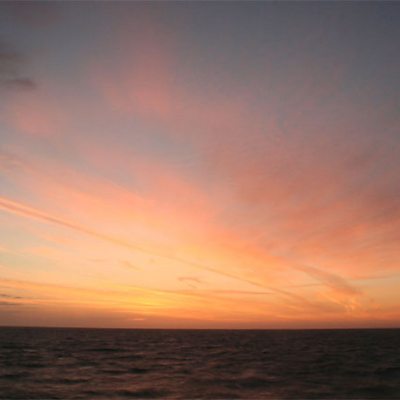Episode details

Available for over a year
Good morning. Rarely can a NATO summit have taken place amid such a toxic mix of international tensions and conflicts. The days when NATO and the Warsaw Pact glared at each other with mutual hostility now seem almost straightforward. But while NATO may appear to belong to an age of past super-power rivalry and structured diplomacy, its expanding list of member states reminds us how much it’s changed. Twelve founding members have grown to twenty-eight. Who would have predicted a generation ago that an independent Croatia or, even more strikingly, Albania would belong to the North Atlantic Alliance too? A small armada of warships has gathered in Cardiff Docks to remind the world that NATO isn’t all talk. But when I was looking through NATO’s strategic aims I was struck by how often the word “cooperation” occurs. “Cooperative security” is described as one of its guiding principles. Its founding Treaty refers to working in cooperation with other countries and international organisations beyond its membership. This language stands in contrast to the rhetoric of our times about the value of competition. It’s competition which – we’re often told - is not only the means to survival but brings the best out of human beings, supposedly to the benefit of us all. Economic competition between nations is taken for granted. Competitive markets in education and health are now well-established. Yet cooperation, quite as much as competition, is commonly observable in our lives. When I was no more than five or six years old I remember noticing a platoon of worker ants carrying a large breadcrumb back to their ant heap. The image has stayed in my mind. These tiny creatures were working together to feed their colony. Like those ants, NATO’s cooperation is primarily in its members’ own interests. We are at our most willing to cooperate with others and even risk our lives in defence of those we call our own. “Greater love has no man than this” said Jesus, “than to lay down his life for his friends.” His friends, he’s clear about that. But his other uncomfortable command to love our enemies is a warning not to demonise those who hate us even if they do demonise us. The messiness of our present conflicts may cause us to believe that no nation or group, indeed no-one at all in our world, is to be trusted. Such a belief can be self-fulfilling, terrifyingly so. NATO is sometimes mocked for its corporate slowness. But its emphasis on cooperation as a guiding principle of both our security and international life is one we discard at our peril.
Programme Website